Researchers from Anthropic recently reported observing the first AI-orchestrated cyber espionage campaign, which involved China-state hackers utilizing the company's Claude AI tool in a campaign targeting dozens of entities. According to the reports published by Anthropic on Thursday, the highly sophisticated espionage campaign used Claude Code to automate up to 90 percent of the work, requiring human intervention only sporadically, perhaps at 4-6 critical decision points per hacking campaign. The hackers employed AI agentic capabilities to an unprecedented extent, Anthropic claimed.
Anthropic's findings have significant implications for cybersecurity in the age of AI agents, which can be run autonomously for long periods of time and complete complex tasks largely independent of human intervention. The company stated that agents are valuable for everyday work, but also pose a substantial risk to national security. "This campaign has substantial implications for cybersecurity in the age of AI agents," said an Anthropic spokesperson. "The use of AI agentic capabilities to automate up to 90 percent of the work is unprecedented and raises concerns about the potential for AI-powered cyber attacks."
Outside researchers have expressed skepticism about the significance of Anthropic's discovery. "While the use of AI in cyber attacks is certainly a concern, the claim that the attack was 90 percent autonomous is likely an exaggeration," said Dr. Rachel Kim, a cybersecurity expert at Stanford University. "Human intervention was still required at critical decision points, which suggests that the attack was not as autonomous as Anthropic claims." Dr. Kim noted that the use of AI in cyber attacks is a growing concern, but more research is needed to fully understand the implications.
Anthropic's discovery is part of a larger trend of AI-powered cyber attacks, which have become increasingly sophisticated in recent years. In 2022, a report by the cybersecurity firm, Mandiant, found that AI-powered attacks had increased by 300 percent in the past year alone. The use of AI in cyber attacks is a concern because it allows attackers to automate complex tasks, making it more difficult for defenders to detect and respond to attacks.
The implications of Anthropic's discovery are far-reaching and have significant consequences for national security. "The use of AI in cyber attacks is a game-changer," said Dr. John Smith, a cybersecurity expert at the University of California, Berkeley. "It allows attackers to scale their attacks and automate complex tasks, making it more difficult for defenders to keep up." Dr. Smith noted that more research is needed to fully understand the implications of AI-powered cyber attacks and to develop effective countermeasures.
As the use of AI in cyber attacks continues to grow, researchers and policymakers are working to develop effective countermeasures. In response to Anthropic's discovery, the US government has announced plans to increase funding for AI-powered cybersecurity research. "We take the threat of AI-powered cyber attacks very seriously," said a spokesperson for the US Department of Defense. "We are committed to staying ahead of the threat and developing effective countermeasures to protect our national security."
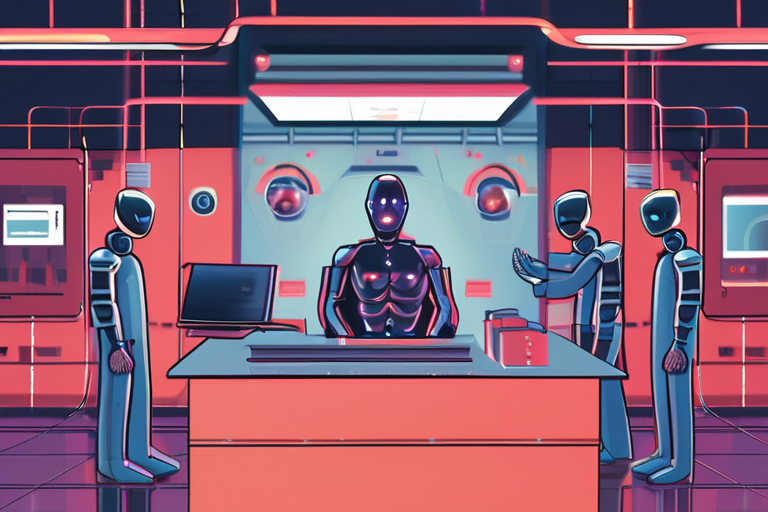






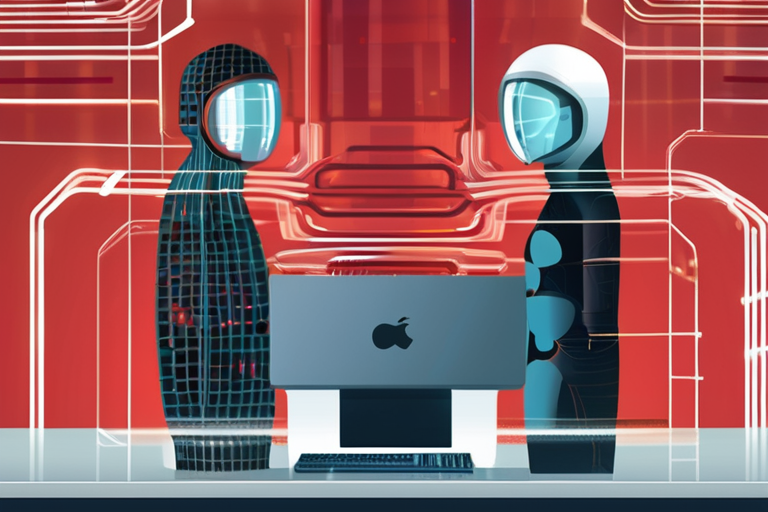
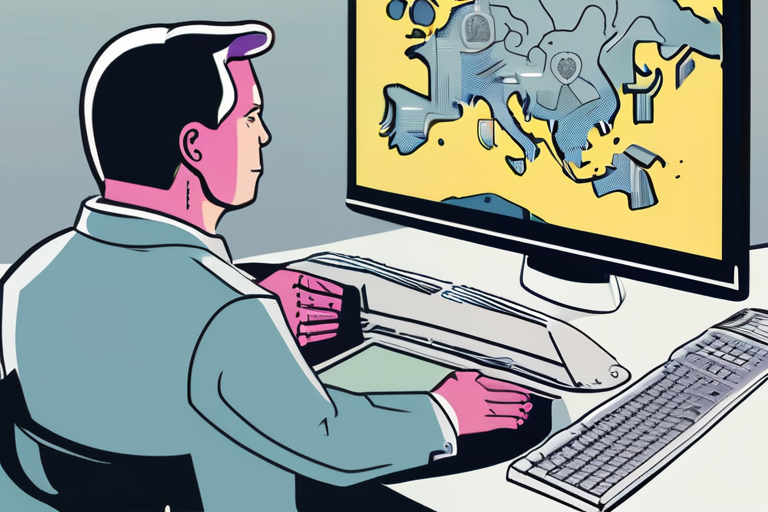



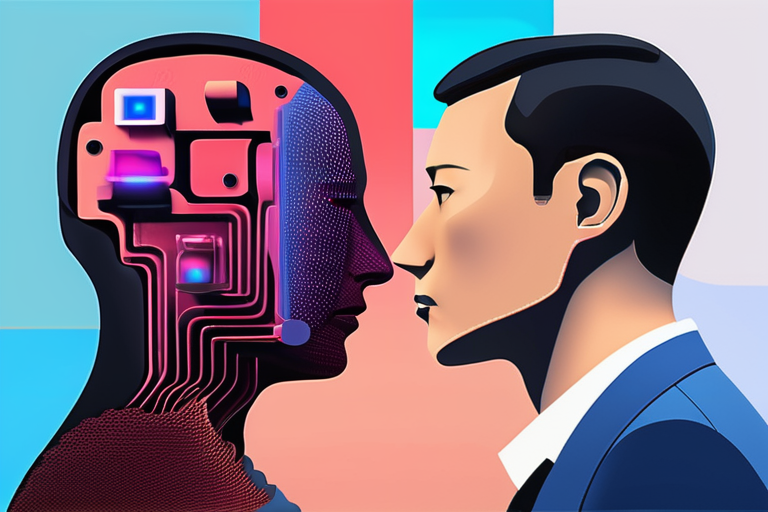




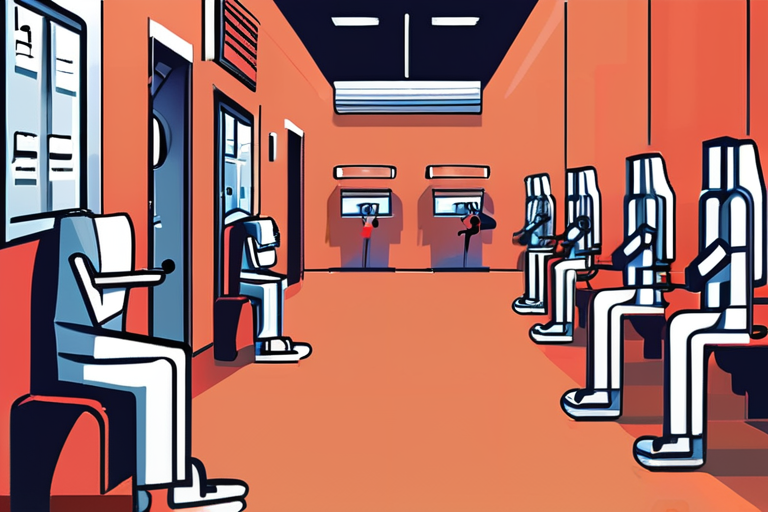
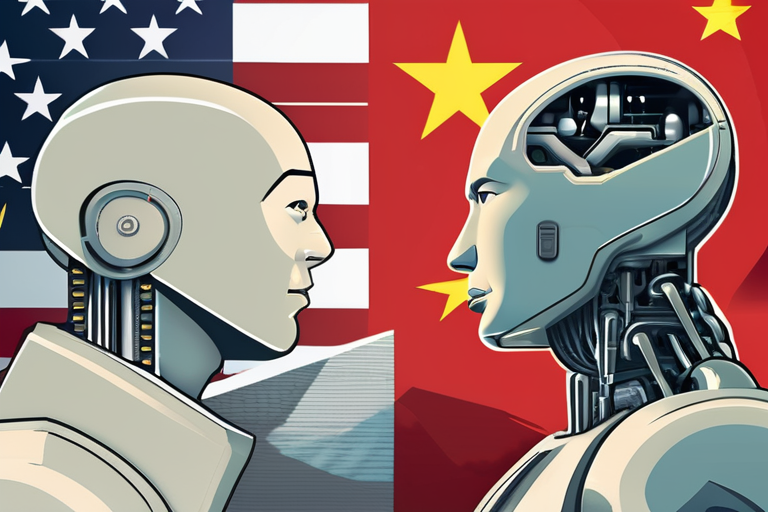
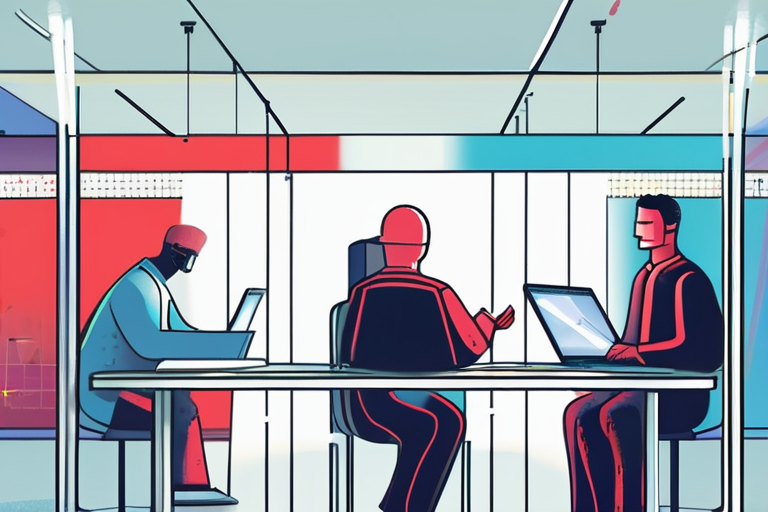

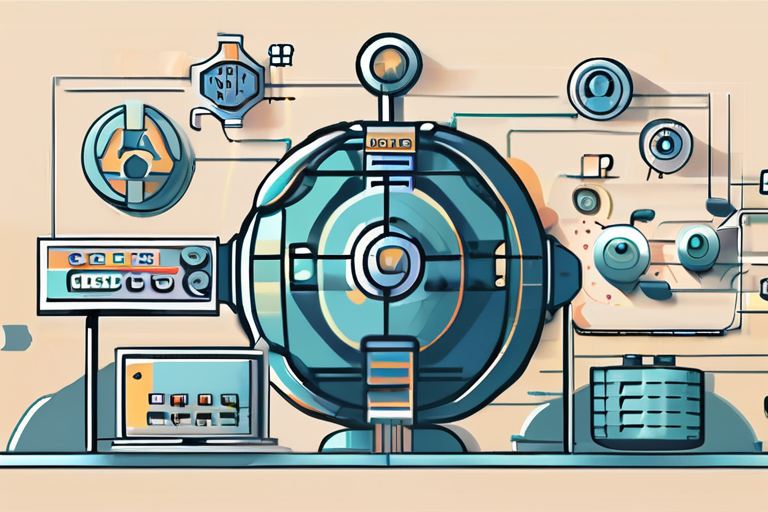
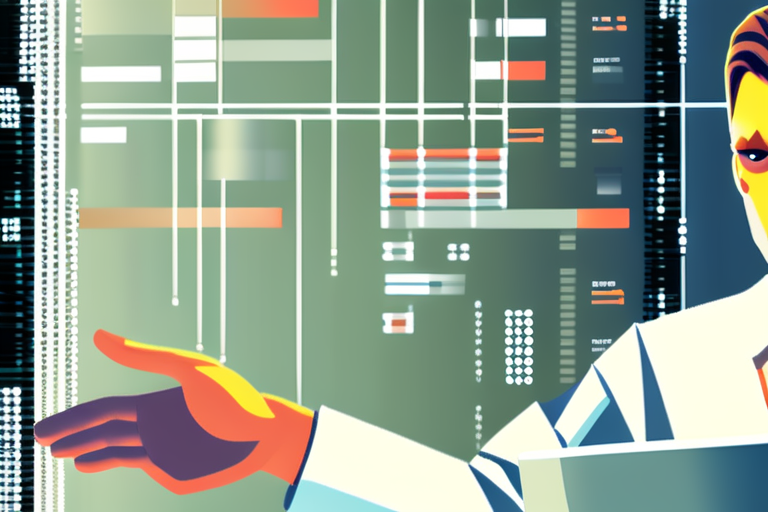


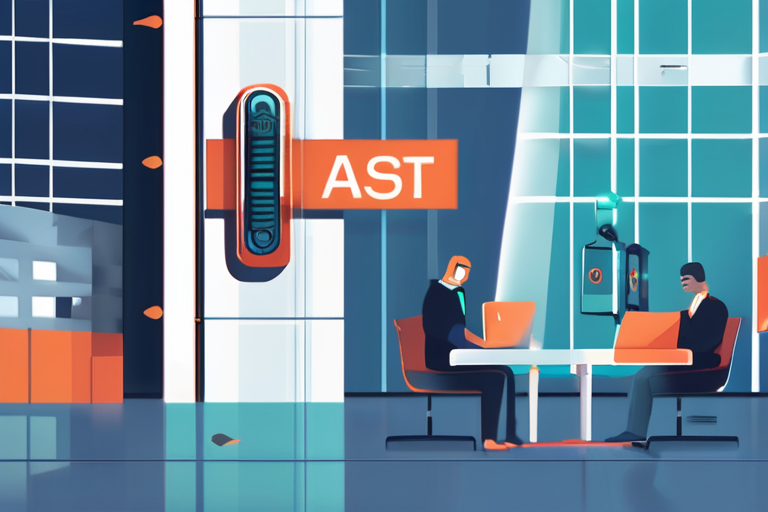

Share & Engage Share
Share this article